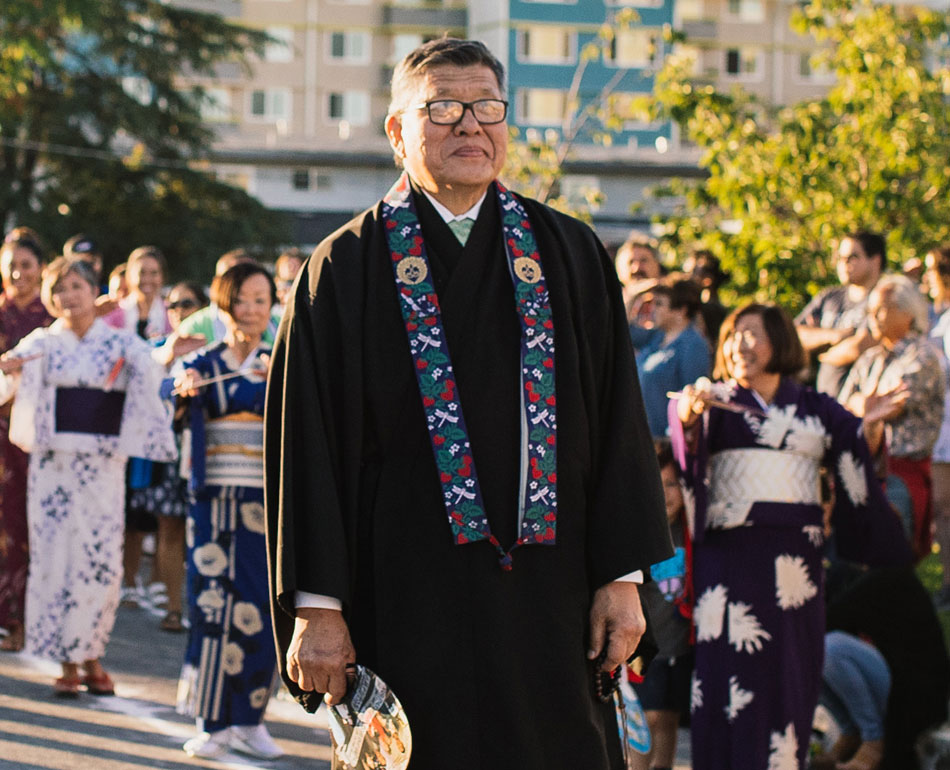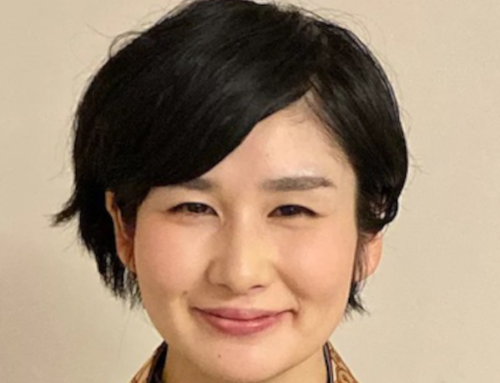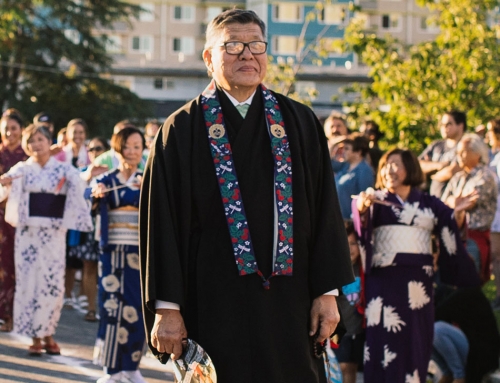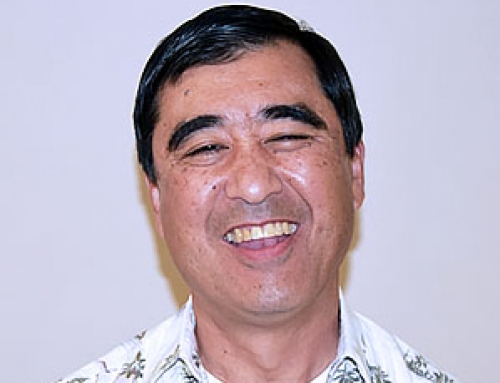A merchant once prepared a luxurious meal for a gathering of priests. He wanted to express his gratitude for all their work. Although he was not a very devout person he recognized and appreciated how much these teachers had done for the community. No effort was spared in the planning and preparation of the meal. The highest quality ingredients. The best meats and produce. Fish and fowl were brought in from markets and forests near and far. No detail went unexamined. Checked and rechecked. When the evening came, guests began to arrive.
The priests were invited to take their seat at the table. Their host joined them and welcomed them all. Then the food began to arrive. Each setting was beautifully arranged. Attention to portion, placement and shape. Each sense awakened. The mind too was caused to be moved, for before the priests were placed meats and flesh of once living beings. There was an audible pause then the priests removed their kesa and began to dine. All but one, who continued to wear his kesa as he enjoyed his meal.
Throughout the evening servers busied themselves bringing food and removing trays. One young server paused next to priest who wore his kesa and asked why he did not remove his kesa when everyone else did. The priest replied that whether he wore his kesa or not he was still just a foolish person.
I don’t think he was commenting on the behavior of the other priests. I believe his choice, his decision to continue to wear his kesa was simply an acknowledgement of who he was. That authenticity and genuineness is sometimes hard to express. Sometimes we express who we are through how others might see us. Our roles and identification are readily recognized. As a priest I might behave in ways that are expected. Not that the behavior is false but rather it may be only a part of what is experienced. An example of this might be a discussion that becomes difficult may require behavior that is different with family and with friends. The circumstances may require behavior that is appropriate in one instance but unacceptable in another. Even if we may want to do or say something we restrain ourselves out of consideration of others. It would be nice to leave our kesa on expressing our own authenticity. But that in itself may be simply responding to expectations of ourself.
With the new year approaching hopefully there will be opportunities to gather together with family and friends, perhaps for the first time in years. A lot to catch up on. Who went away to school. Who was born. Who died. Who moved away. Who we are is the sum and more of all these circumstances. Being authentic and genuine is complicated. Sometimes our enthusiasm for authenticity can be just rude behavior. Sometimes, born out of necessity, we are caused to be authentic, real. When we find ourselves in those circumstances, it takes some time to recognize and acknowledge the infinite causes and conditions that converge in that moment that make our lives possible. In the simple conversation between a server and a priest or in the complex interactions of family and friends if we are mindful we may discover something new that is authentic and genuine.




